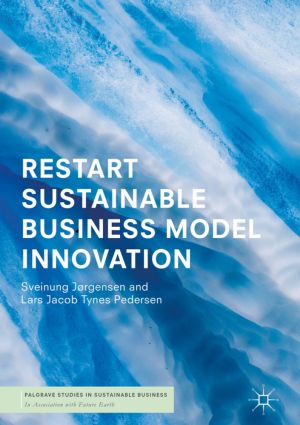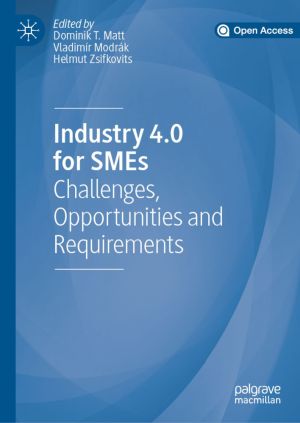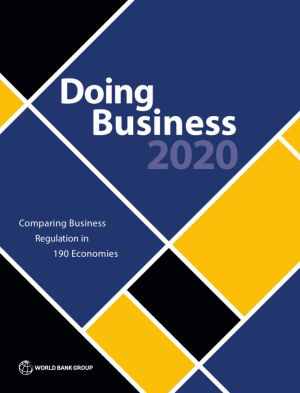Doing Business 2020
Comparing Business Regulation in 190 Economies
by The World Bank
DescriptionTable of ContentsDetailsHashtagsReport an issue
Still, the gap remains wide. An entrepreneur in a low-income economy typically spends around 50 percent of the country's per-capita income to launch a company, compared with just 4.2 percent for an entrepreneur in a high-income economy. It takes nearly six times as long on average to start a business in the economies ranked in the bottom 50 as in the top 20.
There's ample room for developing economies to catch up with developed countries on most of the Doing Business indicators. Performance in the area of legal rights, for example, remains weakest among low- and middle-income economies.
Doing Business recognizes the important work countries have done to improve their regulatory environments. Among the 10 economies that advanced the most, efforts were focused on the areas of starting a business, dealing with construction permits, and trading across borders. In general, economies that score the highest share several features, including the widespread use of electronic systems and online platforms to comply with regulatory requirements.
At the same time, the least reformed area was resolving insolvency. Putting in place reorganization procedures reduces the failure rates of small and medium-size enterprises and prevents the liquidation of insolvent but viable businesses.
Doing Business is a valuable tool that governments can use to design sound regulatory policies. By giving policymakers a way to benchmark progress, it stimulates policy debate, both by exposing potential challenges and by identifying good practices and lessons learned.
It's important to note that Doing Business isn't meant to be an investment guide, but rather a measurement of ease of doing business. Potential investors consider many other factors, such as the overall quality of an economy's business environment and its national competitiveness, macroeconomic stability, development of the financial system, market size, rule of law, and the quality of the labor force.
Ease of doing business is an important springboard to structural reforms that encourage broad-based growth. The World Bank Group stands ready to help countries move forward. 






Book Description
The Doing Business 2020 study shows that developing economies are catching up with developed economies in ease of doing business.Still, the gap remains wide. An entrepreneur in a low-income economy typically spends around 50 percent of the country's per-capita income to launch a company, compared with just 4.2 percent for an entrepreneur in a high-income economy. It takes nearly six times as long on average to start a business in the economies ranked in the bottom 50 as in the top 20.
There's ample room for developing economies to catch up with developed countries on most of the Doing Business indicators. Performance in the area of legal rights, for example, remains weakest among low- and middle-income economies.
Doing Business recognizes the important work countries have done to improve their regulatory environments. Among the 10 economies that advanced the most, efforts were focused on the areas of starting a business, dealing with construction permits, and trading across borders. In general, economies that score the highest share several features, including the widespread use of electronic systems and online platforms to comply with regulatory requirements.
At the same time, the least reformed area was resolving insolvency. Putting in place reorganization procedures reduces the failure rates of small and medium-size enterprises and prevents the liquidation of insolvent but viable businesses.
Doing Business is a valuable tool that governments can use to design sound regulatory policies. By giving policymakers a way to benchmark progress, it stimulates policy debate, both by exposing potential challenges and by identifying good practices and lessons learned.
It's important to note that Doing Business isn't meant to be an investment guide, but rather a measurement of ease of doing business. Potential investors consider many other factors, such as the overall quality of an economy's business environment and its national competitiveness, macroeconomic stability, development of the financial system, market size, rule of law, and the quality of the labor force.
Ease of doing business is an important springboard to structural reforms that encourage broad-based growth. The World Bank Group stands ready to help countries move forward.
This open book is licensed under a Creative Commons License (CC BY). You can download Doing Business 2020 ebook for free in PDF format (2.7 MB).
Table of Contents
Chapter 1
About Doing Business
Chapter 2
The effects of business regulation
Chapter 3
Removing obstacles to entrepreneurship
Chapter 4
Employing workers
Chapter 5
Contracting with the government
Chapter 6
Ease of doing business score and ease of doing business ranking
Chapter 7
Summaries of Doing Business reforms in 2018/19
Chapter 8
References
Book Details
Title
Doing Business 2020
Subject
Business and Management
Publisher
The World Bank
Published
2020
Pages
149
Edition
1
Language
English
ISBN13
9781464814402
ISBN10
1464814406
ISBN13 Digital
9781464814419
ISBN10 Digital
1464814414
PDF Size
2.7 MB
License

Related Books

This book is the first to present a rich selection of over 30 real-world cases of how leading organizations conduct Business Process Management (BPM). The cases stem from a diverse set of industry sectors and countries on different continents, reporting on best practices and lessons learned. The book showcases how BPM can contribute to both exploit...

This book presents theories and case studies for corporations in developed nations, including Japan, for designing strategies to maximize opportunities and minimize threats in business expansion into developing nations. The case studies featured here focus on Asia, including China and India, and use examples of Japanese manufacturers. Five case st...

Taking the business model as point of departure, this book explores how companies and organizations can contribute to a more sustainable future by designing innovative models that are both sustainable and profitable. Based upon years of research, it draws together theoretical foundations and existing literature on the topic of sustainable business ...

The editors present essential methods and tools to support a holistic approach to the challenge of system upgrades and innovation in the context of high-value products and services. The approach presented here is based on three main pillars: an adaptation mechanism based on a broad understanding of system dependencies; efficient use of system knowl...

This free book explores the concept of Industry 4.0, which presents a considerable challenge for the production and service sectors. While digitization initiatives are usually integrated into the central corporate strategy of larger companies, smaller firms often have problems putting Industry 4.0 paradigms into practice. Small and medium-sized ent...

This book offers 32 texts and case studies from across a wide range of business sectors around a managerial framework for Sustainable Business. The case studies are developed for and tested in executive education programmes at leading business schools.The book is based on the premise that the key for managing the sustainable business is finding the...

